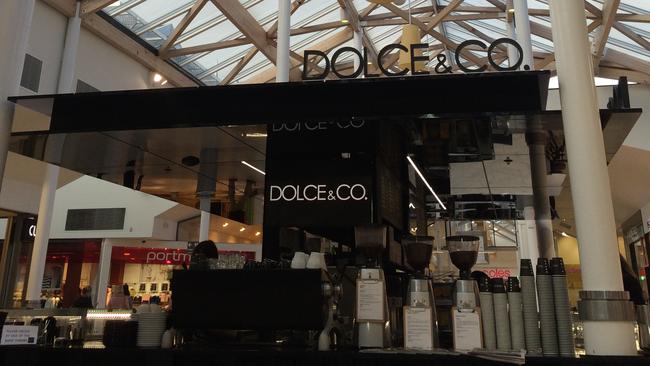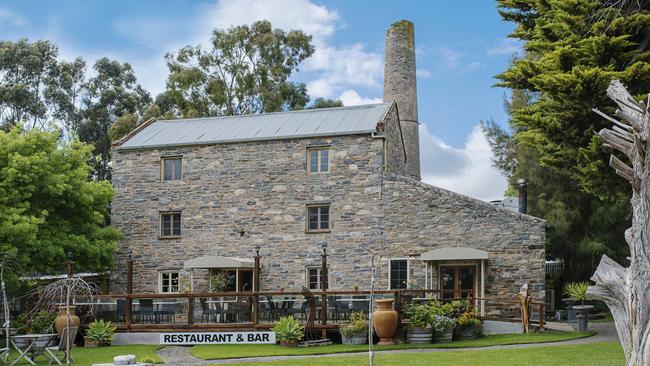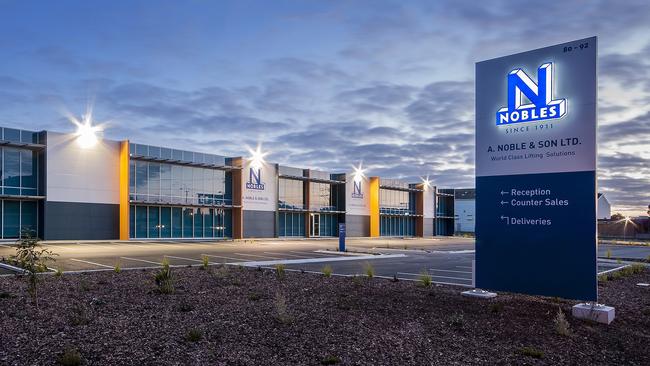SA insolvencies on the rise as ATO clamps down on debts
A Burnside cake shop and Eyre Peninsula pub are among the latest wave of insolvencies in SA, and experts are warning there’s more pain to come, especially for hospitality businesses.
Business
Don't miss out on the headlines from Business. Followed categories will be added to My News.
Insolvencies are creeping higher as the ATO tightens the screws on vulnerable companies, with experts warning the state’s hospitality, construction and transport operators are most at risk in the aftermath of Covid-19.
The latest Australian Securities and Investments Commission (ASIC) statistics reveal that 19 companies fell into administration or liquidation in July, down from 20 in June and 28 in May.
Last month’s tally included the closure of the Elliston Hotel on the Eyre Peninsula and the liquidation of the former operator of the Woolshed, Ambassadors and Black Bull hotels.
The rate of insolvencies dipped to record lows at the height of Covid-19, when temporary protections were introduced to safeguard companies from the worst of the pandemic.
The ATO has also held back on its debt collection activities over the past couple of years, but there are signs it is becoming more aggressive in calling in the billions owed to it by indebted companies.
ASIC figures show that annual insolvencies in South Australia fell to just 139 in 2020-21, down from 347 in 2018-19, before the emergence of Covid-19.
The number rose to 189 last financial year, and experts expect the rate of failures to rise further in the coming months as the ATO escalates its debt collection activities.
Oracle Insolvency Services partner Dominic Cantone said his firm had been appointed to wind up several hospitality businesses in recent weeks, including the Elliston Hotel and Burnside Village patisserie Dolce & Co, amid an extremely challenging environment for the sector.


“A great number of hospitality staff left the industry during Covid-19 to find more secure jobs and they haven’t come back,” he said.
“This is having a real impact on an owner’s ability to keep their restaurant or pub trading. It’s very hard to find staff.
“Also, rising interest rates and inflation are hurting hospitality as households rein in non-essential spending like going out to eat on a Saturday night or buying coffee.
“Eighty per cent of inquiries we receive from businesses that are struggling are from the hospitality sector and we’ve experienced a 30-40 per cent jump in hospitality appointments.”
Several high profile South Australian hospitality businesses were wound up in 2021-22, including Second Valley venue Leonards Mill and family-run Rheinland Bakery.
Outside hospitality, the year ended with one of the larger collapses, with historic industrial firm Nobles entering administration before being taken over by E&A Limited.
SV Partners director Matthew Ormsby said businesses across a range of industries were grappling with soaring inflation, rising interest rates, labour shortages and supply chain challenges.
And he expects many will fail to survive the bleak economic outlook, especially with the ATO knocking at their doors.

“The ATO provided significant leeway to businesses throughout the pandemic and allowed many to enter into arrangements to delay payment of tax debts – those delayed debts are becoming due,” he said.
“In addition, we are seeing the ATO restart their debt collection practices, including director penalty notices to recover outstanding debts where taxpayers are in default of their obligations.
“We anticipate increased insolvency activity to flow into the South Australian market, particularly those businesses that have exposure to the various risk factors, or delayed payment of ATO debts which are now due.”
Mr Cantone said the rising cost of building materials continued to put the squeeze on the building industry, while spiralling fuel prices were making it tougher for companies in the transport industry.
“As we emerge from Covid the way business is done will change,” he said.
“Suppliers will be more likely to ask for payment upfront or within seven days instead of the traditional 30 days.”




